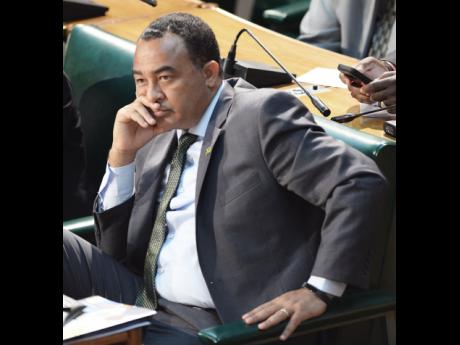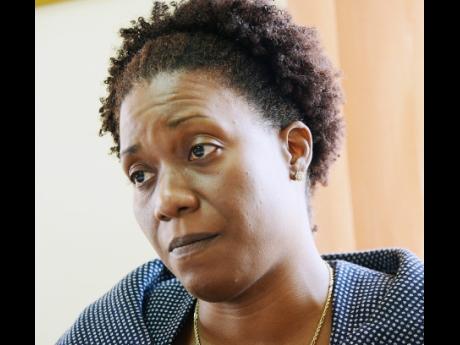Hostile health centres - Ministry gets 115 complaints in the first 92 days of this year
More than 100 complaints were lodged with the Ministry of Health in the first three months of this year as Jamaicans took up the offer to report their negative experiences in the public-health sector.
According to the most recent quarterly report produced by the Ministry of Health, the majority of persons who lodged complaints had issues with the quality of clinical care, as they felt they were misdiagnosed or received inadequate treatment. Others complained about issues such as the delay in admission or the refusal of services.
"We have tried now to make lodging complaint a lot easier, and we are working to strengthen the capacity of the institution or the public-sector infrastructure to respond to those complaints in a better way," said Minister of Health Dr Christopher Tufton during the launch of the quarterly report last Thursday.
Social, printed media complaints
While some of the complaints were received at the head office of the Ministry of Health, persons also took to social-media platforms and the printed media to air their grouses.
Tufton noted that during the three-month period, all the complaints were registered within three working days of their receipt and they were all acknowledged within five working days.
Only 13 per cent of the complaints were resolved, while five per cent were closed. One per cent was referred and another one per cent was handled by the Medical Review Panel, with 80 per cent of the complaints still to be resolved some eight months after they were lodged.
"It is difficult to conclude in a fulsome way that we are not doing what we need to do to address these complaints, because it depends on the nature of the complaints, clearly, and some require a procedure that could take some time, but I think it's an area that we need to focus more on in terms of addressing complaints and clearing up these complaints in a more speedy way," said Tufton.
"Sometimes it is clinical, so it requires more investigation and analysis of the situation. Sometimes people take legal recourse, so it goes through a legal process, it has to be reviewed and checked and so on," the health minister told The Sunday Gleaner.
A little over 50 per cent of the complaints received were from the South East Regional Health Authority, which comprises some of the country's major public hospitals, including the Kingston Public (KPH) and Victoria Jubilee.
Senior medical officer at the KPH, Dr Natalie Whylie, said several efforts are being made to reduce the number of complaints the hospital receives. These include educating the close to 1,000 staff in matters relating to customer care through a series of workshops.
She said that patients sometimes feel that those they interface with are not polite.
"Most of the complaints are interpersonal. Did the nurse say good morning? Did the doctor introduce himself/herself to the patient," said Whylie.
The health ministry has mandated that the hospital investigate all complaints, and Whylie said there are many avenues available for dissatisfied customers to air their concerns.
"Complaints can be received by anyone in the hospital, so, for example, you could give a complaint to the security guard, you could give a complaint to the nurse, you could give a complaint to the doctor who is taking care of you," she explained.
"If it is something that can be resolved at that level, then that is an easy fix. If is something that can't, then it is moved upwards," added Whylie.
According to Whylie, the KPH has also employed customer service representatives who are available 24 hours and can be easily identified, since they are dressed in specially marked bids.
Patients will be having even more avenues to launch complaints soon, as Dr Tufton said the numbers of the chief executive officers for the various hospitals as well as for his office will be available in hospital waiting rooms.
"We have really encouraged citizens who use the public-health system to make their formal position known if they are concerned about something. They certainly can do so if they are happy about something, too, because we want to identify centres of excellence," said Tufton.


